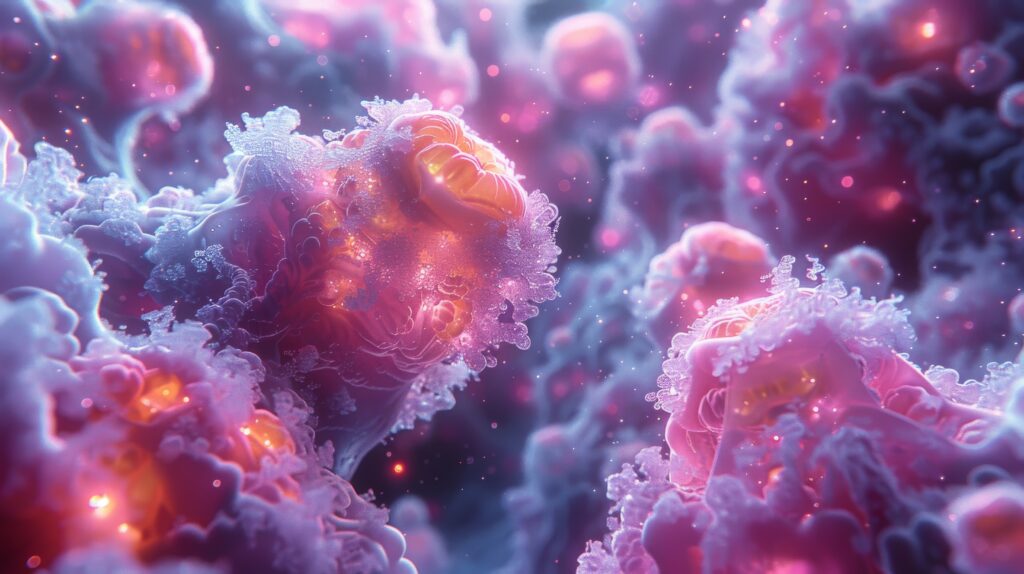For the first time, a group of scientists from China successfully performed islet transplantation using iPSCs (induced pluripotent stem cells) in one patient. They made iPSCs from the fat cells of the patients using chemicals instead of the conventional way of using Yamanaka factors. They successfully tested these human iPSCs-derived islets on monkeys before using them on the patient.

The patient was a 25-year-old female who was diagnosed with T1D in 2012. She has already undergone 2 liver transplants because of liver fibrosis in 2012 and 2014. She also had a whole pancreas transplant in 2017, which was removed after a year owing to some complications. She was on immunosuppressive drugs due to her liver transplant. Before islet transplantation, she had undetectable C-peptide, Hb1Ac was 7.4%-8%, and 3 incidences of severe hypoglycemia events in a year. She had a high level of many autoreactive auto-antibodies, which increased her chance of allograft rejection.
The patient’s iPSCs-islets were first tested in diabetic mice to find their therapeutic function and tumor-forming ability. They found diabetic mice glucose was reduced and no tumors were formed. After passing the quality check, these islets were transplanted under the skin in the patient’s abdomen called the abdominal anterior rectus sheath. In 2 weeks, the dose of external insulin needed was reduced. The insulin independence was achieved on day 75 and remained till the follow-up time of 1 year. At day 120, her Hb1Ac was normal – 5.7%. MRI was done regularly for 1 year to check for any abnormal growth. No abnormalities were observed.
Limitations of the study and future implications
This study encouraged the use of iPSCs-islets in patients. However, this was only one patient study, thus more transplantation needs to be performed to reach any conclusion. One of the major limitations of the study was that the patient was already on immunosuppressive drugs for liver transplantation. Thus, it is hard to speculate whether the iPSC-islet transplantation could succeed without them. The advantage of iPSCs over other stem cells is that they avoid the need for these drugs and hence, their side effects. This study couldn’t avoid immunosuppressive drugs. Thus, other studies are needed to determine the iPSCs-islets transplantation in more patients without immunosuppressive drugs.
Dr. Vinny Negi, Ph.D.
Disclaimer
The editors take care to share authentic information. In case of any discrepancies please write to newsletter@medness.org
The sponsors do not have any influence on the nature or kind of the news/analysis reported in MedNess. The views and opinions expressed in this article are those of the authors and do not necessarily reflect the official policy or position of MedNess. Examples of analysis performed within this article are only examples. They should not be utilized in real-world analytic products as they are based only on very limited and dated open-source information. Assumptions made within the analysis are not reflective of the position of anyone volunteering or working for MedNess. This blog is strictly for news and information. It does not provide medical advice, diagnosis or treatment nor investment suggestions. This content is not intended to be a substitute for professional medical advice, diagnosis, or treatment. Always seek the advice of your physician or another qualified health provider with any questions you may have regarding a medical condition. Never disregard professional medical advice or delay in seeking it because of something you have read on this website.
MedNess is a part of STEMPeers® which is a 501(c)(3) organization registered in PA as PhD Career Support Group. The organization helps create a growing network of STEM scientists that is involved in peer-to-peer mentoring and support.



